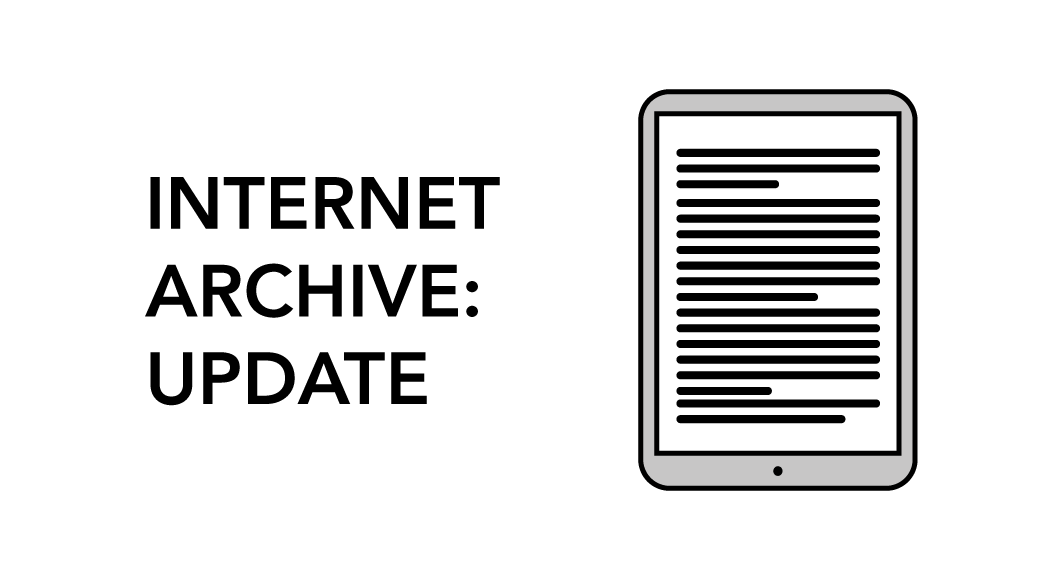The Internet Archive has for some time digitised huge amounts of books per year and shared them without the consent or compensation of authors. It previously drew criticism from a wide range of authors, as well as the wider creative industries, because its system of lending does not honour the rights of creators and bypasses the rights of authorisation and remuneration that authors rely on. This Open Library is based on the idea of Controlled Digital Lending (CDL), which is a model where libraries digitally preserve copies of the books in their holdings and then provide one-to-one access to them as e-books. Authors are not consulted before their works are uploaded to Open Library and they do not receive any remuneration for their work being used. This approach could therefore be considered piracy.
The Archive was sued by four publishers who claimed that CDL infringed on their copyrights. In their complaint, Hachette, HarperCollins, Wiley, and Penguin Random House argue that CDL has lost their companies millions of dollars and poses a threat to their operations.
On Friday March the 24, US District Court Judge John G. Koeltl rendered a decision against the Internet Archive, ruling that the organisation failed in their claims of Fair Use, and thus would have needed permission from the publishers who held the copyright to the books to lend them out through its National Emergency Library programme.
Koetl rejected claims that the Internet Archive might have helped publishers sell more copies of their books, saying there was no concrete evidence for the claim. He also said it was “irrelevant” that the Internet Archive had bought its own copies of the books before making copies for its audience of online users.
IAF welcomes this decision. Whilst while the court case was undertaken by publishers it is the work of authors that has been used without regard for their rights. IAF stood with its members that campaigned against the large-scale illegal scanning and copying of authors works, even after authors reached out to establish a solution to enable fair remuneration for authors. IAF was among the signatories to the amicus brief filed by the US Authors Guild in this case. This case represents yet another effort to undermine the rights of authors and use their works without permission or compensation, and the IAF welcomes the decision made by the court.
Several other organisations have already positively responded to the court decision:

